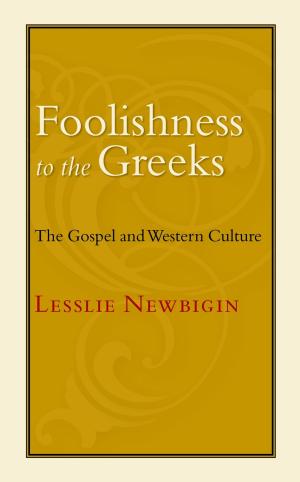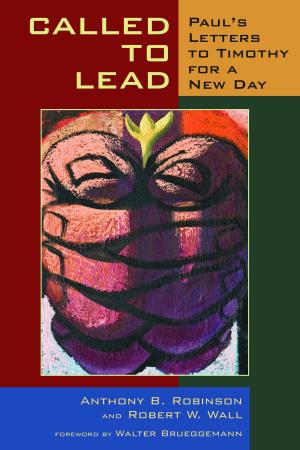The Revelatory Body
Theology as Inductive Art
Nonfiction, Religion & Spirituality, Theology, Bible & Bible Studies, Christianity| Author: | Luke Timothy Johnson | ISBN: | 9781467443944 |
| Publisher: | Wm. B. Eerdmans Publishing Co. | Publication: | August 23, 2015 |
| Imprint: | Eerdmans | Language: | English |
| Author: | Luke Timothy Johnson |
| ISBN: | 9781467443944 |
| Publisher: | Wm. B. Eerdmans Publishing Co. |
| Publication: | August 23, 2015 |
| Imprint: | Eerdmans |
| Language: | English |
Argues that theology can respond faithfully to the living God only by paying due attention to human bodily experience
Scripture points to the human body and lived experience as the preeminent arena of God's continuing revelation in the world, says Luke Timothy Johnson. Attentively discerning the manifestations of God's Spirit in and through the body is essential for theology to recover its nature as an inductive art rather than — as traditionally conceived — a deductive science.
Willingness to risk engaging actual human situations — as opposed to abstract conceptualizations of those situations — is required of the theologian, Johnson argues. He celebrates the intimations of divine presence and power in such human experiences as play, pain, pleasure, work, and aging, showing how theology can respond faithfully to the living God only by paying due attention to human bodily experience.
Argues that theology can respond faithfully to the living God only by paying due attention to human bodily experience
Scripture points to the human body and lived experience as the preeminent arena of God's continuing revelation in the world, says Luke Timothy Johnson. Attentively discerning the manifestations of God's Spirit in and through the body is essential for theology to recover its nature as an inductive art rather than — as traditionally conceived — a deductive science.
Willingness to risk engaging actual human situations — as opposed to abstract conceptualizations of those situations — is required of the theologian, Johnson argues. He celebrates the intimations of divine presence and power in such human experiences as play, pain, pleasure, work, and aging, showing how theology can respond faithfully to the living God only by paying due attention to human bodily experience.















